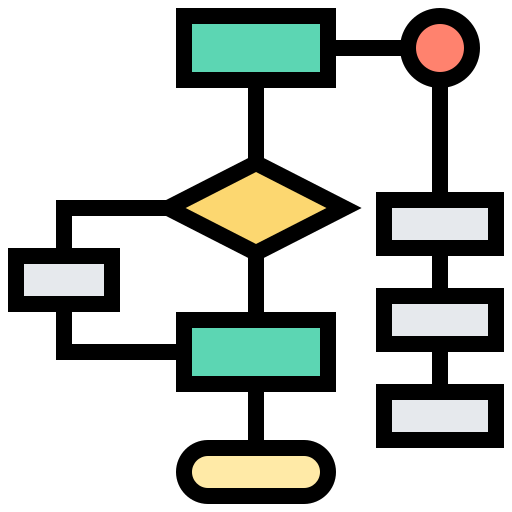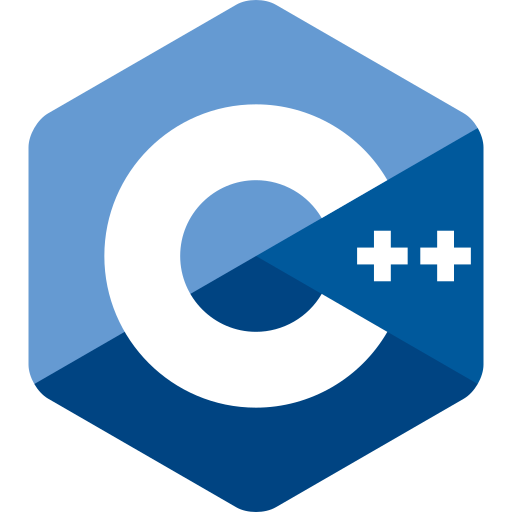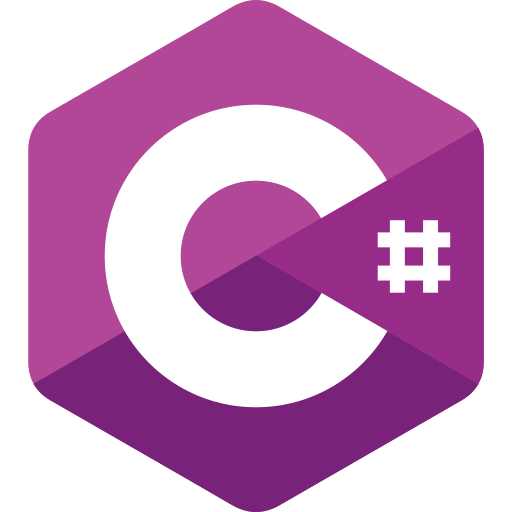HTTP 418: I'm a teapot
The server identifies as a teapot now and is on a tea break, brb
HTTP 418: I'm a teapot
The server identifies as a teapot now and is on a tea break, brb
C++ Memes
C++: where you can shoot yourself in the foot, then reload and do it again with operator overloading. These memes celebrate the language that gives you enough power to build operating systems and enough complexity to ensure job security for decades. If you've ever battled template metaprogramming, spent hours debugging memory leaks, or explained to management why rewriting that legacy C++ codebase would take years not months, you'll find your digital support group here. From the special horror of linking errors to the indescribable satisfaction of perfectly optimized code, this collection honors the language that somehow manages to be both low-level and impossibly abstract at the same time.

 AI
AI
 AWS
AWS
 Agile
Agile
 Algorithms
Algorithms
 Android
Android
 Apple
Apple
 Bash
Bash
 C++
C++
 Csharp
Csharp















